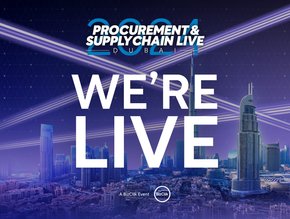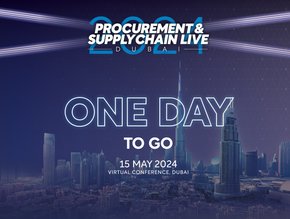Supply chain tech roundup: Kinaxis, Volvo Cars, Centro

Kinaxis helping Volvo cars move to EV production
Technology from supply chain management specialist Kinaxis is to be used by Volvo Cars, and will help the Swedish automaker with its transition to electrification.
The Kinaxis RapidResponse platform will enable Volvo’s supply chain professionals make faster and more accurate decisions.
The global shift to electric vehicles means automakers must balance the adoption of electric vehicles with regional sustainability policies.
This means organisations need end-to-end visibility to understand customer demand, maximise resource allocation, and minimise waste.
“We take pride in working with industry leaders like Volvo Cars and playing a role in their commitment to creating safe, innovative vehicles that strive to do better for the planet,” said Claire Rychlewski, EVP Global Field Sales at Kinaxis. “We’re excited to work together in helping them continue to deliver their premium customer experience.”
Centro inventory solution in North America expansion
Automated inventory solution provider Centro has announced a funding round to help expand the platform throughout North America.
Centro’s offerings include forecasting and procurement automation features, which have been used more heavily following the unprecedented wave of ecommerce business sparked by the pandemic. By integrating Centro as an inventory control centre, brands can increase revenue and save on man hours by driving more sales with fully-stocked inventory.
Jamyang Tenzin, Centro CEO and Co-Founder says: “Centro helps ecommerce retailers quickly and efficiently stay on top of inventory supplies and plan for peak sales windows to maximise revenue opportunities.
“We’ve found that growing brands will face on average $120,000 in unforeseen risk across their supply chain, and this is rapidly multiplying with the holidays approaching.”
Enterprise-grade dynamic supply chain map upgrade
An upgraded dynamic and intelligent map of the global supply chain has been launched by Altana AI.
The Altana Atlas gives businesses, governments and logistics providers visibility, understanding, and command of their supply chains. It applies AI to a vast network of public and private data, and is the largest connected body of supply chain data in the world, the company claims.
The solution is designed to help customers:
- Automate trade compliance
- Detect national security threats
- Eliminate forced labour
- Measure and manage environmental impact
- Detect real-time risks and opportunities
- Collaborate internally and externally on all of the above
The new version of the Atlas positions each customer’s supply chain data inside a dynamic, bottom-up view of the global supply chain network.
The enriched data then feeds into a range of downstream use cases and workflows powered by artificial intelligence and collaboration.
“Climate change, geopolitical competition, inflation, and an explosion of regulations and industrial policies are reshaping the global economy,” says Evan Smith, co-founder and CEO of Altana.
“The public sector is struggling to govern supply chains, and the private sector is struggling to keep up. Our new Atlas creates a unified product experience across our government, logistics, and enterprise customers, and provides them with a shared, extensible platform for building more sustainable, resilient, and secure supply chains.”






